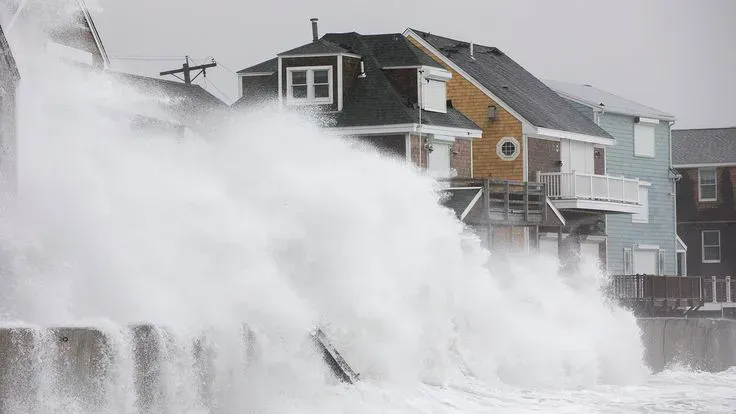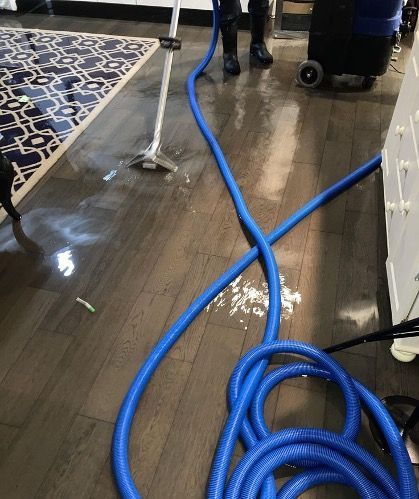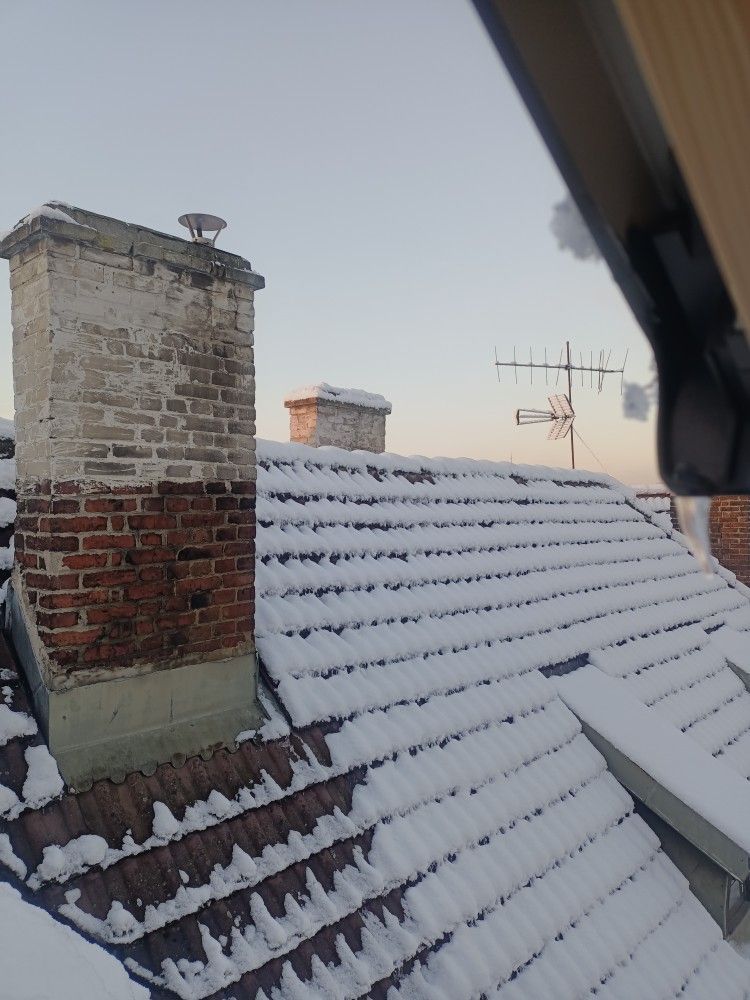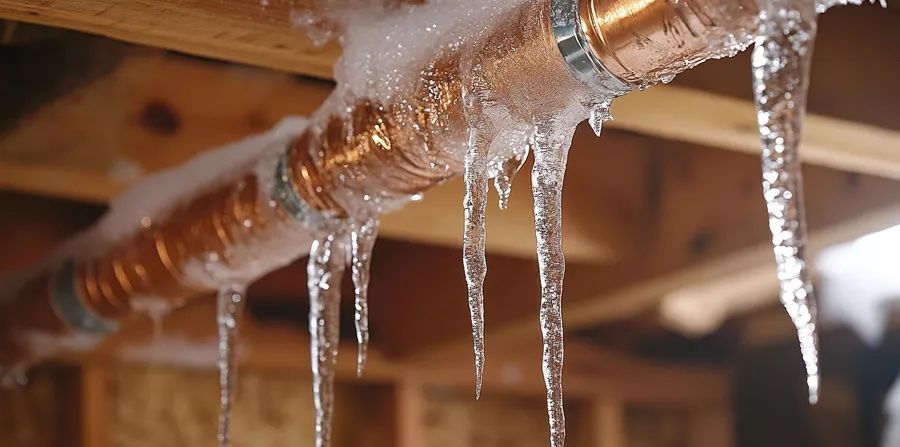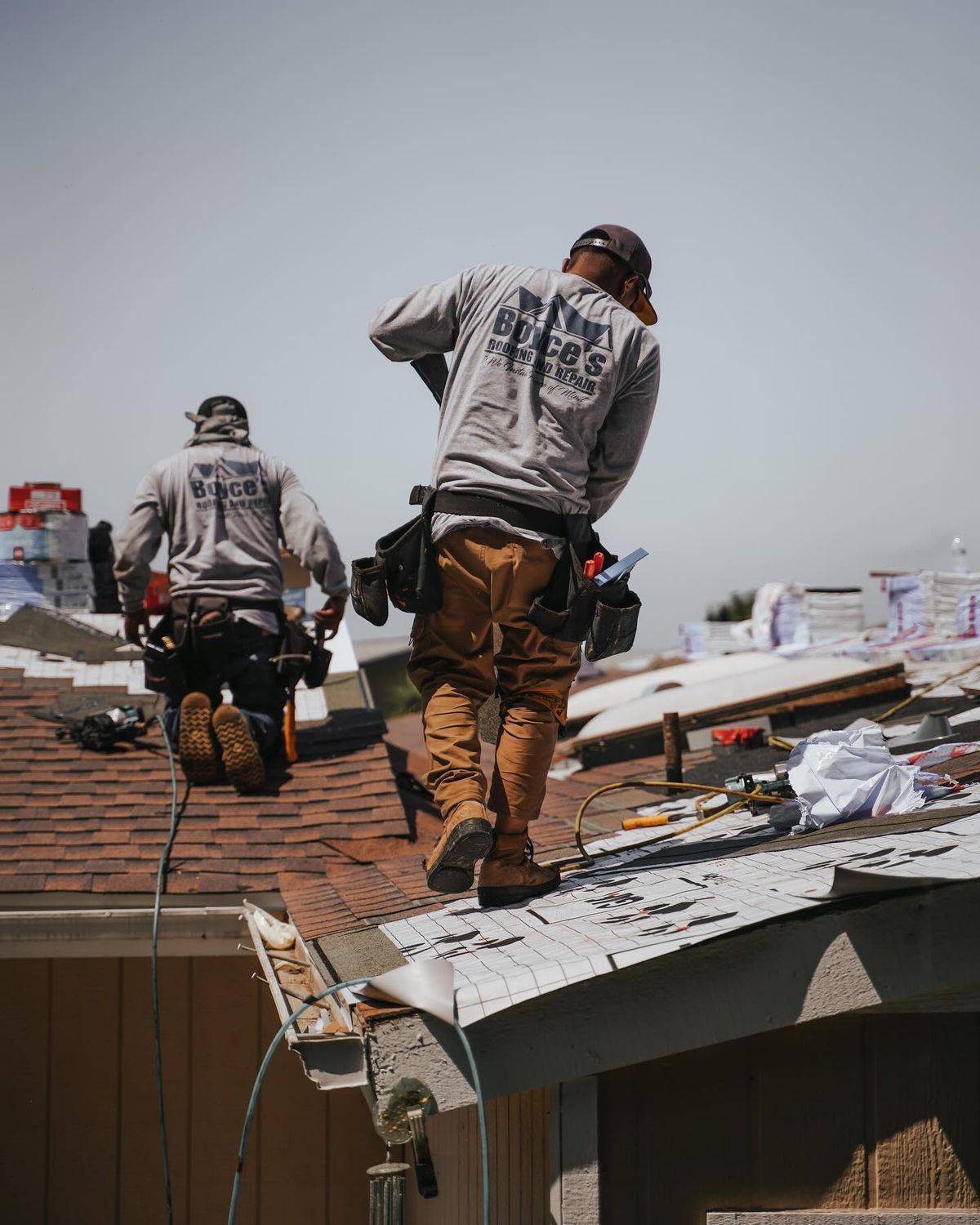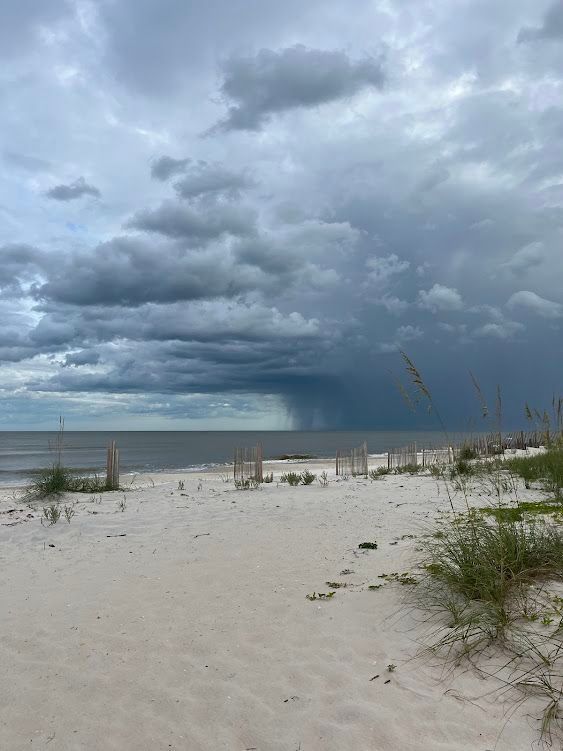How to Prepare Your Cape & Islands Property for Hurricane Season
by McShea Insurance | Experts in Coastal & High-Risk Property Insurance
If the January wildfires in Los Angeles taught us anything, it’s that disaster doesn’t always give you time to prepare. From California’s fast-moving flames to New England’s increasingly intense storms, one truth remains—being prepared protects more than just your property. It protects your peace of mind.
With forecasters predicting another active hurricane season, now is the time to get ahead of the weather. Whether you live full-time on Cape Cod or own a seasonal home on Nantucket or Martha’s Vineyard, the right planning makes all the difference. At McShea Insurance, we specialize in insuring homes and commercial properties in coastal, high-risk areas that many agencies avoid. Our team is local, proactive, and committed to keeping you educated on how to best protect yourself and loved ones.
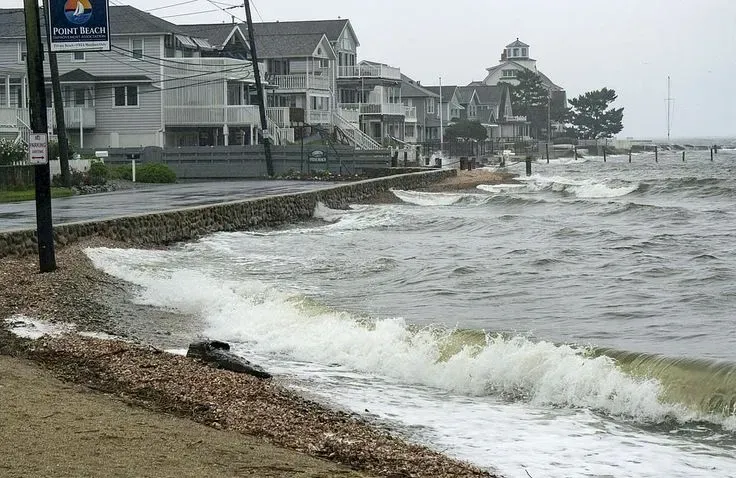
Step One: Understand the Forecast
Before anything else, make sure you know what each warning means:
- A
Hurricane Watch means conditions
may occur within 48 hours. Time to prep.
- A
Hurricane Warning means conditions
will occur within 36 hours. Time to act.
Bottom line: the earlier you prepare, the safer—and less stressful—the experience becomes.
Step Two: Build an Emergency Kit
Think of this as your storm survival toolbox. Make sure your kit includes:
- 1 gallon of water per person per day
- Nonperishable food, manual can opener
- Flashlights, batteries, phone chargers
- Medications, first aid items, hygiene products
- Copies of insurance policies and key documents
- Cash and backup IDs
- Pet food, baby supplies, and comfort items
You’ll want enough to last 3–7 days, even if power or roads are down.
Step Three: Protect Your Property Inside & Out
These six areas are where we see the biggest impact after a storm. Don’t skip a single one!
1. Prevent Water Damage
- Lock all windows and doors
- Remove window AC units
- Clear gutters and downspouts
- Move valuables off the basement floor
- Test your sump pump and battery backup
2. Monitor Your Trees
- Prune limbs within 10 feet of your house
- Remove dead branches or unhealthy trees
- Watch for cracks in large trunks
Note: Even small limbs can cause major damage in high winds.
3. Reinforce Roofs, Doors, and Windows
- Install storm shutters or board windows
- Reinforce garage doors and entryways
Check seals on skylights
These areas are especially vulnerable in hurricane-force winds.
4. Secure Outdoor Items
- Bring in patio furniture, grills, umbrellas, and flowerpots
- Do not store propane tanks inside—secure them outdoors
- Business owners: anchor signage, displays, and benches
If it’s not bolted down, it could become a projectile.
5. Strengthen Structural Elements
- Ask a contractor about hurricane straps
- Retrofit soffits and brace roof trusses
- Ensure your roof-to-wall connections are secure
These upgrades help your home resist uplift and wind pressure.
6. Take Inventory of Your Belongings
- Photograph valuable items and receipts
- Store everything in a secure cloud folder
- Update your insurance policy to reflect new purchases
High-value items like jewelry, watches, fine art, and collectibles may need separate endorsements or policies. Don’t wait until after a loss to find out you’re underinsured.
Step Four: Have a Smart Evacuation Plan
If an evacuation order is issued—don’t delay.
- Fill your gas tank ahead of time
- Bring your emergency kit, prescriptions, and pet essentials
- Keep your phone charged and back up key contacts
- Let someone know where you’re headed
The more you plan, the easier it is to leave safely.
Step Five: Review Your Insurance Coverage Before the Storm
Not Sure If You're Properly Covered? Let’s Fix That. Let’s be honest—insurance isn’t always easy to understand. Between policy limits, wind deductibles, exclusions, and endorsements, it’s no wonder most people aren’t sure if they’re truly protected. That’s where we come in.
At McShea Insurance, we make it simple. We break it down, explain the fine print, and tailor your policy to you—not the other way around. Here’s how we help you feel confident going into hurricane season:
- We walk you through your home, flood, and wind coverage so you know exactly what’s included—and what’s not.
- We make sure your limits and deductibles are aligned with current rebuilding costs (especially important with Cape and Islands inflation).
- We help you add protection for high-value items like jewelry, watches, and artwork—or for a secondary residence or seasonal home.
- And we make sure that if you ever need to file a claim, you won’t be caught off guard or left in the dark.
We’re here long before the storm hits—and long after it passes. That’s the McShea difference.
Let’s Make Sure You’re Covered
Price. Communication. Care. We know what matters to you—and we deliver.
If you’re unsure whether your policy protects you fully, or if your property is difficult to insure due to location, elevation, or claims history—we can help.
➡️Click here to request a free quote
📞 Prefer a conversation? Call us at 508-420-9011
We proudly serve Cape Cod, Nantucket, Martha’s Vineyard, and coastal New England. Let’s get you prepared, together.
